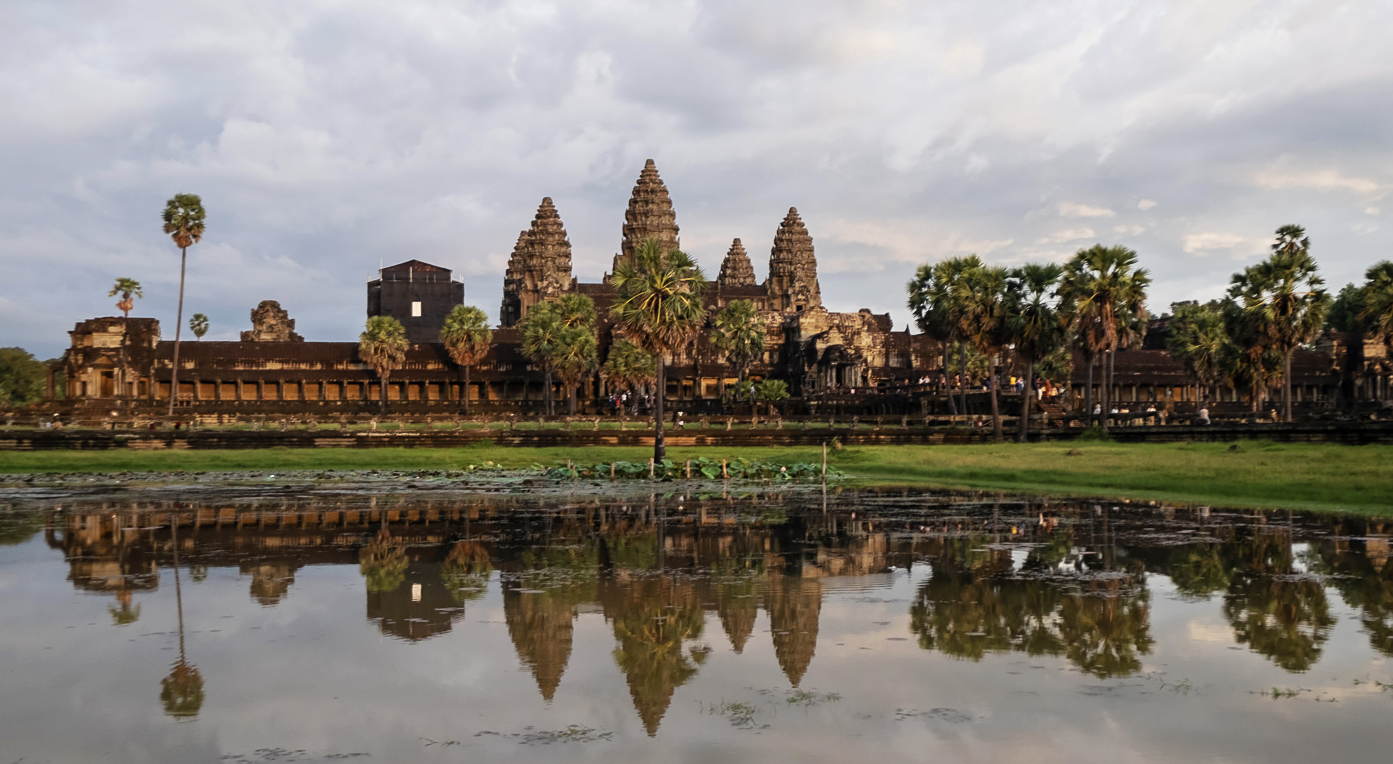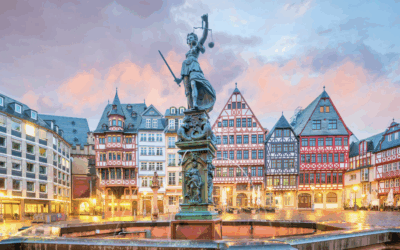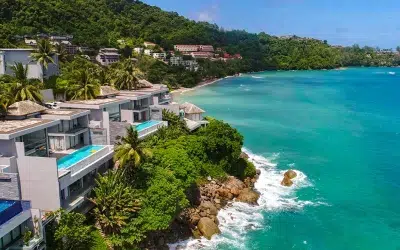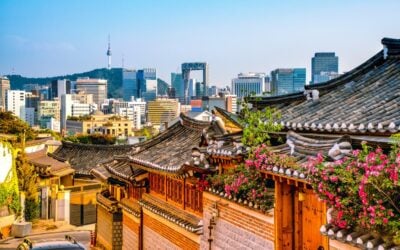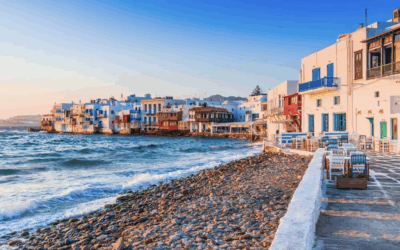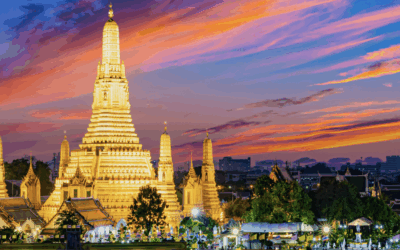Cambodia, often referred to as the “Kingdom of Wonder,” has become an increasingly attractive destination for retirees looking for a mix of affordable living, rich culture, and tropical charm.
While the country may not have the glitz of neighboring Thailand or the polished infrastructure of Malaysia, it offers a unique blend of experiences that make it a standout option for those considering retirement in Southeast Asia.
If you’re thinking about spending your golden years in Cambodia, here’s a comprehensive guide to help you navigate the key considerations.
Why Retire in Cambodia?
Cambodia offers several compelling reasons to retire here.
For one, the cost of living is remarkably low. Whether it’s renting a home, dining out, or accessing services, retirees can enjoy a comfortable lifestyle on a modest budget.
The country also boasts a welcoming and laid-back atmosphere, making it easy to integrate into the local culture while enjoying a slower pace of life.
Additionally, Cambodia’s central location in Southeast Asia provides retirees with easy access to other popular destinations like Thailand, Vietnam, and Malaysia.
This makes it a great base for travel enthusiasts who want to explore the region.
Cambodia is also considered relatively safe, with friendly locals and a growing expat community, particularly in cities like Phnom Penh and Siem Reap.
Key Considerations for Retiring in Cambodia
When planning your retirement in Cambodia, it’s important to consider several key factors that will shape your experience.
From the affordable cost of living and warm climate to healthcare options and visa requirements, Cambodia offers a unique mix of benefits and challenges for retirees.
While the country’s charm lies in its rich culture, friendly locals, and accessibility to other parts of Asia, aspects like infrastructure and constant humidity may require some adjustment
1. Cost of Living
One of the biggest draws for retirees in Cambodia is the affordable cost of living.
Renting a decent apartment in the capital, Phnom Penh, can cost as little as $300 to $500 per month, depending on the location and amenities.
Dining out is similarly inexpensive, with meals at local restaurants costing just a few dollars.
For those on a fixed income or pension, Cambodia offers excellent value for money without sacrificing quality of life.
However, while the basics are cheap, imported goods, high-end Western restaurants, and luxuries can be pricey. Retirees should plan their budgets accordingly if they enjoy these comforts.
2. Healthcare
Healthcare in Cambodia can be a mixed bag.
While the country has made significant improvements in its medical infrastructure, it still lags behind more developed nations in the region like Thailand or Malaysia.
Public hospitals may not meet the standards many retirees are accustomed to, but private clinics and hospitals offer better care.
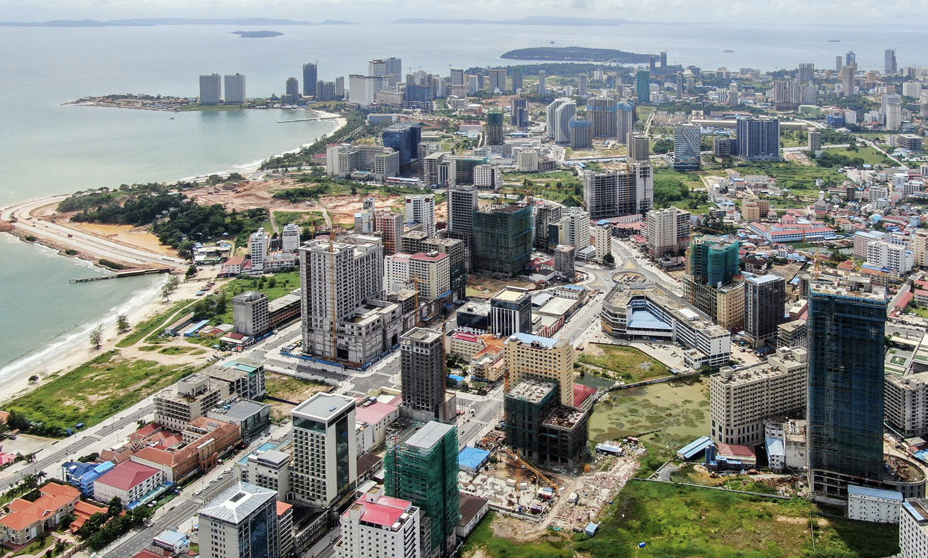
Healthcare system in Cambodia may seem lacking when compared to its neighbors, but it’s one of a few countries with least COVID-19 cases in Asia, thanks to the quick public policy enforced by the government.
Notable options include the Pasteur Institute, Sovann Polyclinic, and Royal Phnom Penh Hospital, which cater to the expat community and provide a higher standard of medical services.
For more serious medical issues, many retirees opt to travel to neighboring countries such as Thailand or Singapore, where healthcare quality is world-class.
It’s also advisable to secure international health insurance to cover medical expenses and emergencies.
3. Climate and Environment
Cambodia’s tropical climate is a double-edged sword.
While the warm weather and lush landscapes are appealing, the constant humidity can be challenging for some retirees.
The country experiences two main seasons: the dry season from November to May and the wet season from June to October.
Retirees should be prepared for high temperatures year-round and occasional flooding during the rainy season.
The environment, however, offers plenty of opportunities to explore. From the ancient temples of Angkor Wat in Siem Reap to the pristine beaches of Sihanoukville and the laid-back charm of Kampot, Cambodia has something for everyone.
4. Visa Requirements
Cambodia has relatively relaxed visa policies, which is another reason why it’s a popular choice for retirees.
The most common option is the Ordinary Visa (E-class), which can be extended indefinitely with the appropriate retirement extension.
This retirement visa does not require proof of income or pension, making it more accessible than similar visas in other countries.
It’s important to stay updated on visa regulations, as rules can change. Consulting with a local immigration expert or lawyer is advisable to ensure you remain compliant.
5. Cultural Integration and Language
Cambodia is known for its friendly and welcoming people, which makes it easier for retirees to feel at home.
Khmer is the official language, but English is widely spoken in urban areas and among the expat community.
Learning a few basic Khmer phrases can go a long way in building rapport with locals and enhancing your experience.
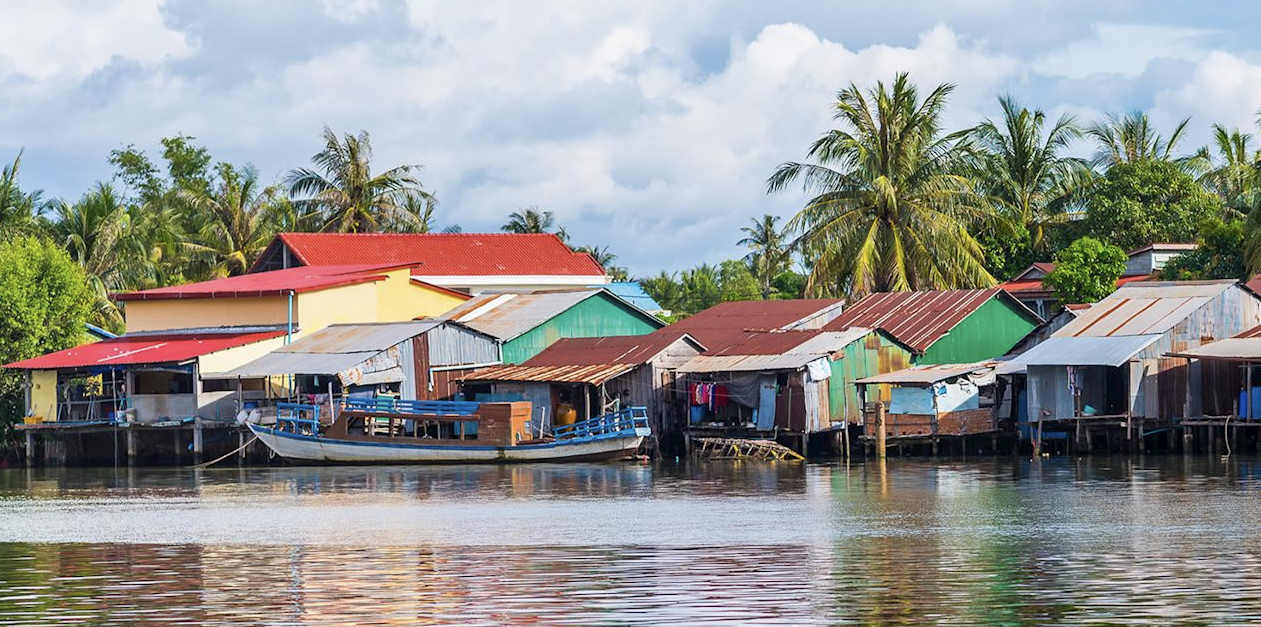
The opportunity to immerse yourself with the local, learning their way of life and their heritage, is one of the many wonders Cambodia has to offer.
The country also has a rich cultural heritage, with festivals, traditional dances, and art forms that retirees can enjoy.
Engaging with the community through volunteer work or local activities is a great way to integrate and make the most of your retirement.
6. Infrastructure and Transportation
While Cambodia has made strides in its infrastructure, it still has a long way to go compared to neighboring countries.
Roads can be uneven, public transportation is limited, and power outages are not uncommon in some areas.
However, ride-hailing apps like Grab and PassApp make getting around cities like Phnom Penh and Siem Reap relatively easy and affordable.
For retirees who plan to travel frequently or live in rural areas, owning a vehicle might be a good option. Just be prepared for the sometimes chaotic traffic conditions.
Risks & Challenges of Retiring in Cambodia
While Cambodia has many advantages, it’s not without its challenges.
The bureaucracy involved in setting up bank accounts, extending visas, or dealing with property can be frustrating.
Additionally, the country’s infrastructure, while improving, may not meet the expectations of some retirees used to Western standards.
Healthcare is another area where Cambodia falls short. Retirees with pre-existing health conditions or those who prioritize top-tier medical facilities might find the lack of advanced healthcare options a drawback.
Lastly, while the low cost of living is a significant advantage, retirees should still budget carefully to account for unexpected expenses, such as medical emergencies or travel to neighboring countries for healthcare.
Should You Retire in Cambodia?
Cambodia is an excellent retirement destination for those seeking affordability, cultural richness, and a slower pace of life.
While Cambodia doesn’t offer the polished infrastructure of some of its neighbors, the country’s charm lies in its authenticity, welcoming people, and unique experiences.
With proper planning—whether it’s securing health insurance, choosing the right location, or learning the basics of Khmer—retirees can enjoy a fulfilling and comfortable life in this fascinating country.
So, if you’re open to an adventure and ready to embrace the joys of tropical living, Cambodia might just be the perfect place to spend your golden years.
As they say in Khmer, “Sok sabay!” (Wishing you happiness!)

